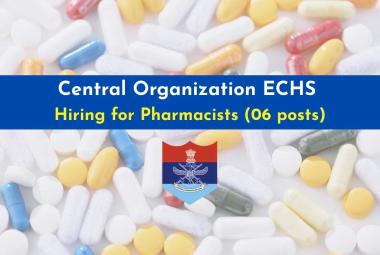Amgen and Merck known as MSD outside the United States and Canada, announced a cancer immunotherapy collaboration to support a Phase 1b/3 study investigating BLINCYTO® (blinatumomab) in combination with KEYTRUDA® (pembrolizumab) in patients with diffuse large B-cell lymphoma (DLBCL), which is the most common type of non-Hodgkin lymphoma (NHL). BLINCYTO is Amgen’s CD19 bispecific T cell engager (BiTE®), and KEYTRUDA is Merck’s anti-PD-1 antibody. The study is an open-label, multicenter, randomized trial to evaluate safety and efficacy in patients with DLBCL.
[adsense:336x280:8701650588]
The companies also announced a second immunotherapy cancer collaboration to support a Phase 1/2 study of AMG 820, Amgen’s anti-colony-stimulating factor 1 receptor (CSF1R) antibody, in combination with KEYTRUDA in patients with select advanced solid tumors. The open-label study is designed to evaluate safety and efficacy in patients with select advanced solid tumors, including non-small-cell lung, colorectal and pancreatic cancers.
“We are pleased to enter these collaborations with Merck that build upon our growing cancer immunotherapy portfolio,” said Sean E. Harper, M.D., executive vice president of Research and Development at Amgen. “We look forward to learning more about potential new combination treatment options for BLINCYTO and AMG 820 in disease areas where there remains a high unmet need.”
Each immunotherapy is designed to modulate the immune system. BLINCYTO is a bispecific, single-chain antibody construct binding to CD19 and CD3. AMG 820 is a fully human antagonistic IgG2 monoclonal antibody that binds CSF1R and is designed to decrease tumor-associated macrophage (TAM) function. KEYTRUDA is a humanized monoclonal antibody that works by increasing the ability of the body’s immune system to help detect and fight tumor cells. KEYTRUDA blocks the interaction between PD-1 and its ligands, PD-L1 and PD-L2, thereby activating T lymphocytes, which may affect both tumor cells and healthy cells.
[adsense:468x15:2204050025]
“The combination of therapies is an important approach for overcoming the ever-changing and complex nature of many cancers,” said Dr. Eric Rubin, vice president and therapeutic area head, oncology early-stage development, Merck Research Laboratories. “The combination of these immunotherapies may hold potential for patients with cancer and we look forward to partnering with Amgen to advance these trials with the hope of bringing forward new treatment combinations for patients with various types of cancer.”













